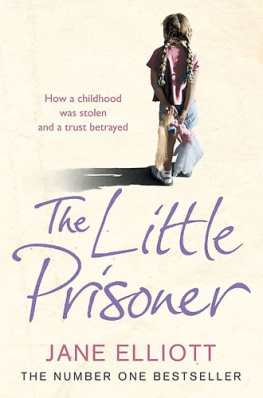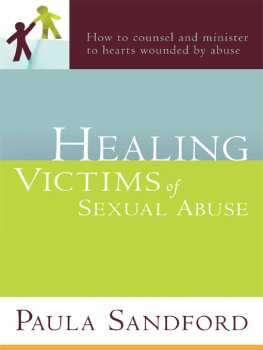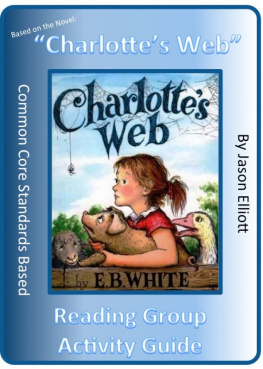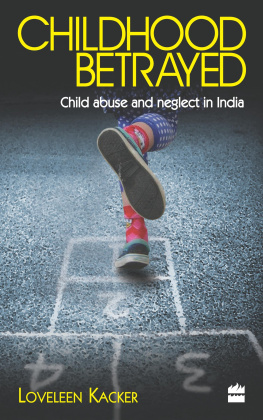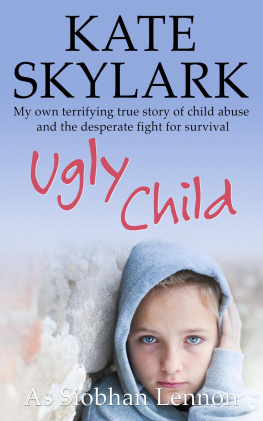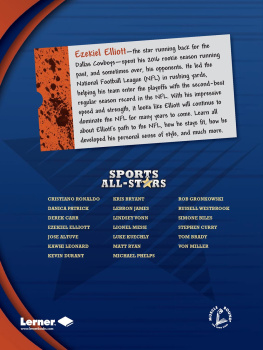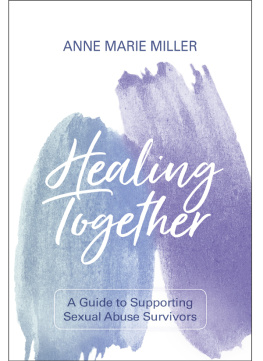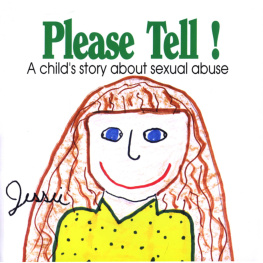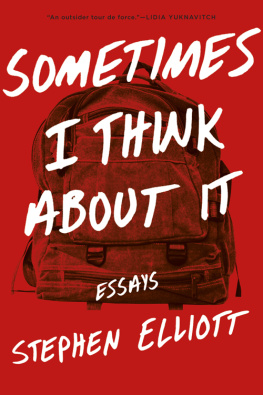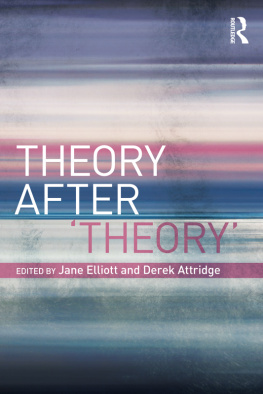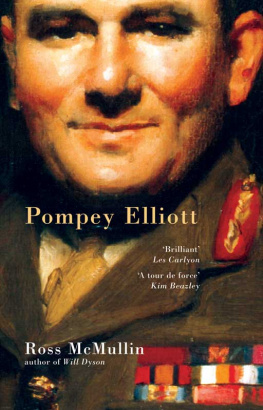The Little
Prisoner
A MEMOIR
JANE ELLIOTT
with Andrew Crofts

Evil is unspectacular and always human,
and shares our bed and eats at our table.
W. H. Auden
TABLE OF CONTENTS
A s a child I never thought anyone would believe what I had to say, so when my book went straight to number one in the hardback bestseller charts and everyone was talking about how brave I was to tell my story, I found it hard to take in. One minute I would be hugging myself with excitement, and the next I would be frightened of what might happen now Id let the genie out of the bottle.
Initially I wanted to write the book because I knew how much Id been helped by reading A Child Called It by Dave Pelzer. If just one child who was being abused read my story, I reasoned, and felt inspired enough to speak out and end the cycle of bullying in their own life, it would be worth doing.
Every time my publishers rang to say they were printing more copies to meet the demand, I imagined how many more people would be reading it and maybe seeing that it was possible for them to turn on the bullies and regain control of their lives.
The actual writing process was hard because it stirred up one or two memories and emotions that Id been trying to forget about. But now Ive shouted out to the whole world all the things I was told had to be kept secret, it feels as though a lead weight has been lifted off my shoulders.
However hard Id been trying to suppress the memories over the years, they were always there. I could distract myself with family chores, a bottle of wine or a packet of cigarettes, but that didnt make the hurt go away for more than a few hours. Facing up to the memories and telling the whole story was like opening the curtains and windows on a sunny day and letting the light and a fresh breeze into a dark room, stale with poisonous air.
One of my biggest worries was how my children would react to the book. Theyre both still young and although they knew that something bad had happened in my childhood they didnt know any details. Ive told them the book contains material they might find upsetting and that I would rather they didnt read it until they were older, and so far theyve managed to resist the temptation I think. The excitement of hearing their mum talking on the radio and seeing the book all over the shelves in the supermarket and W H Smith seems to have more than compensated them for any worries it might have caused them.
The hard thing for them is that theyre not allowed to tell their friends about it. This was particularly tough when it was at the top of the charts and they were longing to share the excitement that was going on within our little family group. But theyre all too aware of the dangers of disclosing my true identity and of my whereabouts being discovered by my family. They saw what happened to their mum last time her brothers caught up with her, and they dont want to take the risk of that happening again. They keep telling me how proud of me they are. I just hope they realize how proud I am of them as well.
My husband has also had to adjust from being the sole worker in the family to having to stay home a lot to look after the girls while I was off at publishers meetings and giving the interviews, but there have been some big compensations for him too. The sense of satisfaction I got from seeing how well the book was doing made me a lot easier to live with (not that Im not still a bit of a nightmare for him some days!), and we have been able to pay off a few of the debts we were building up and improve our lives materially.
I dont think he really believed the book would be a great success any more than I did, but its surprising how quickly we both got used to having a number one hit and started to feel disappointed when it got knocked down to number two or three!
The charts are full of stories of childhood abuse now and there have been a lot of articles in the press speculating on why so many people want to read about such a difficult subject. I dont think it is the abuse they want to hear about, but the fact that some of the children who suffer from it manage to survive and ultimately triumph. They want to be shocked at the start of the book, crying in the middle and exultant at the end.
I suspect that the audiences for books like The Little Prisoner fall into two categories. Firstly, there are those who come from stable, happy homes, who cant understand how anyone can abuse a child, and want to find out about a world they can barely imagine. Secondly, there are those who suffered something similar themselves and find some comfort in discovering they are not alone in the world. They get some inspiration from discovering that not only is it possible to go on to lead happy and normal lives, but that you can actually turn all that misery into something positive.
I have a horrible feeling there are more people in the second category than anyone really wants to admit, and as long as the subject remains shrouded in secrecy and is considered taboo to talk about, well never know the full extent of the problem. With the popularity of books like mine, however, at least we have started to open the curtains and let a little light into these darkest and nastiest of corners.
If we dont all understand what is going on in families like the one I came from, we cant hope to make things better.
W hen people talk about evil they are usually thinking of mass murderers like the fictional Hannibal Lecter or dictators like Adolf Hitler, but for most of us our actual encounters with evil are more mundane. There are the school playground bullies and sadistic teachers who turn their victims days into nightmares, the unkind care workers in the old peoples homes or the violent thieves who invade the lives of the elderly or infirm. Our brushes with these evils are usually passing or second hand, but none the less chilling for that.
This, however, is the true story of a four-year-old girl who fell into the power of a man for whom evil was a relentless daily activity. She remained in his power for seventeen years until she eventually managed to escape and turn the tables. It is a story of terror and abuse on a scale that is almost unbelievable, but it also tells of her enormous act of courage which led to the arrest, trial and imprisonment of her persecutor.
Most of us dont usually hear about children like Jane until we read about their deaths in the papers and then we all wonder how such things could be going on under our noses and under the noses of all the welfare workers who are supposed to be there to help. We try to imagine what can have gone wrong, but we cant because these children live in a world that is unimaginable to anyone who hasnt been there. This is the story of a survivor and we should all listen to what she has to tell us.
Jane Elliotts story is almost unbearable to read in parts, but it needs to be told because the people who perpetrate these sorts of crimes rely on the silence of their victims. If people talk openly about what happens behind closed doors, then evil on the scale of what happened to Jane becomes harder to achieve. Bullies can only operate when other people are too frightened, ashamed or embarrassed to talk about what is being done to them. By telling her story, Jane is making it a little harder for evil to prosper in future.
The names of the characters have all been changed to protect Janes identity and the identities of those who helped her in her fight for justice.
I was being led back into the courtroom by a victim liaison officer, an elderly lady. Up till then they had been careful to take me in and out of a different door from Richard, my stepfather, or if they hadnt then they had made sure we didnt meet, which was making me feel more confident. Hiding behind my hair, I had still been able to avoid seeing him and remembering his face too clearly. As I came back in through the door with my head down I saw a pair of shoes directly ahead of me, blocking my way. I looked up, straight into a face that made me feel sick with fear. The pale snakelike eyes and the ginger hair were the same, although he looked a little stockier than I remembered him.
Next page
